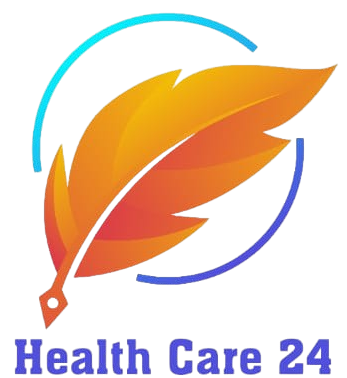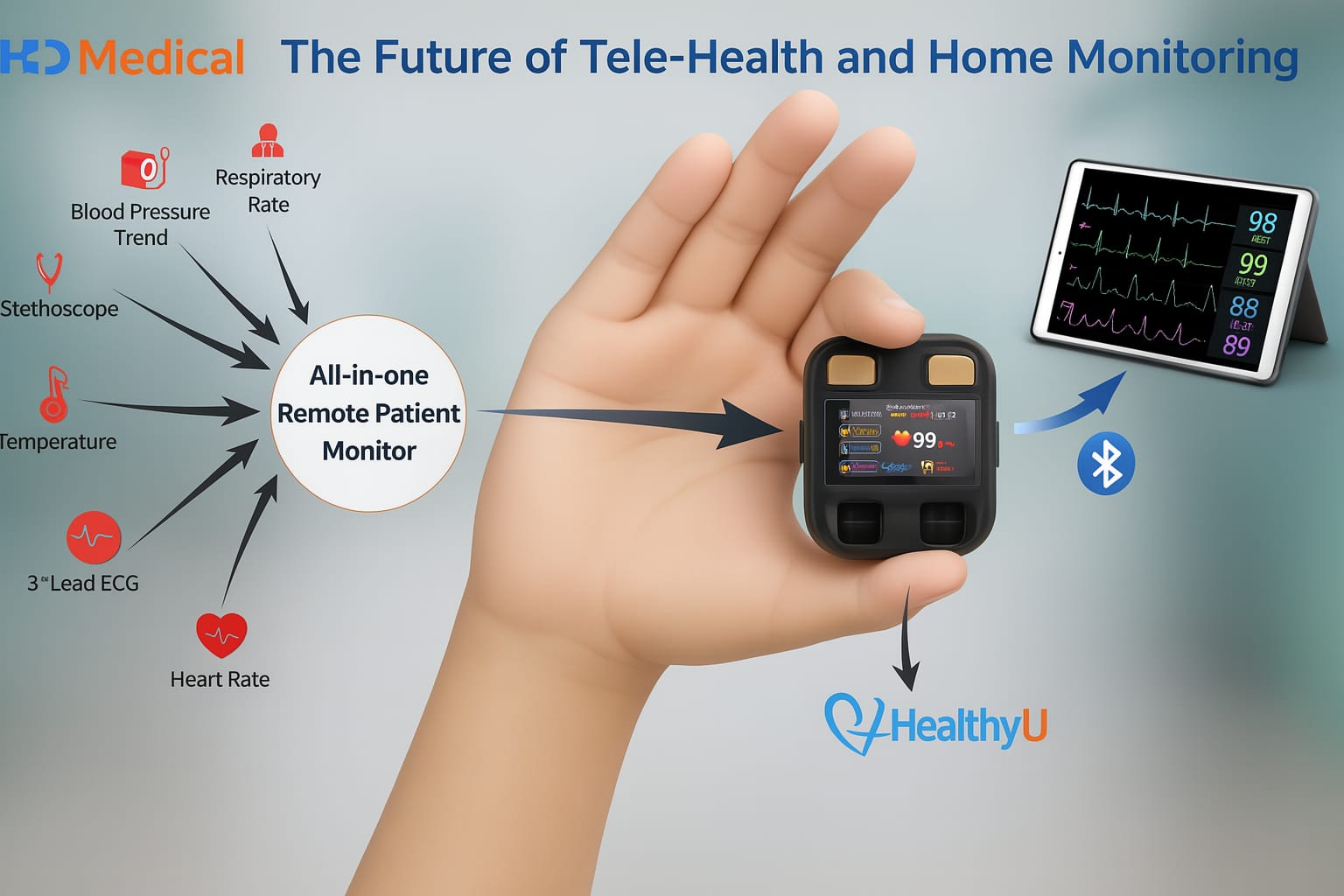A one-size-fits-all approach to healthcare has been implemented, with treatments tailored to suit the needs of the general public. Not all patients respond equally to medications or therapies. As an illustration, treatment outcomes for two people with the same illness may be entirely dissimilar. Precision medicine, also known as personalized medicine is relevant to this situation.
Precision medicine is becoming more practical in the year 2025. The combination of genetic data, lifestyle factors, and advanced technology has enabled doctors to create personalized treatments that work for each person. This method is transforming healthcare by making it more precise, effective, and preventative.
What’s Personalized / Precision Medicine?
Personalized medicine (precision medicine) is a medical practice that concentrates on tailoring treatment and healthcare decisions to the individual patient. Instead of using the same standard treatments, doctors use:
Genetic information.
Lifestyle data.
Environmental factors.
Patient medical history.
It also enables physicians to anticipate what treatments may be most effective for particular patients.’
Precision medicine analyzes the DNA of two cancer patients with identical diagnoses to identify the most effective drug against their tumor. Why is this so?

Why Precision Medicine is Important.
Traditional healthcare has its limitations. Certain treatments have limited efficacy, while others may cause adverse effects. Precision medicine addresses these problems:
Higher Treatment Success Rates.
The use of personalized medicine ensures that patients receive treatments that are compatible with their unique biology.
Reduced Side Effects.
The genetic information in people’s genes enables doctors to prescribe drugs that may cause unwanted reactions. Why?
Preventive Care.
Genetic risk factors are examined to enable the early detection of diseases in precision medicine.
Better Chronic Disease Management.
Customized treatments for diseases like diabetes, cancer, and heart disease can enhance their management.
Cost-Effectiveness in the Long Run.
While initial genetic testing is costly, it prevents unnecessary medical interventions and avoids trips to the hospital.
Personalized Medicine is expected to be the most popular technology in 2025.
Genomic Sequencing.
The pace and expense of DNA sequencing have decreased. The examination of a patient’s genes allows doctors to identify mutations associated with diseases and use them to prescribe targeted treatments.
Artificial Intelligence (AI)
Healthcare is being revolutionized by AI, which analyzes vast amounts of patient data to find patterns and predict treatment outcomes.
Biomarkers.
The identification of diseases and the predictability of therapy response by patients is facilitated by biomarkers, which are biological markers composed of genes or proteins.
Big Data & Machine Learning.
Big data tools, which contain billions of health records, aid in the development of accurate treatment models.
Wearable Devices & Digital Health.
The use of smartwatches, fitness trackers, and remote monitoring devices enables personalized health data management.
CRISPR Gene Editing.
Scientists can now edit faulty genes using this technology, which could lead to the development of potential cures for genetic disorders.
Real-World Applications of Precision Medicine.
Cancer Treatment.
Precision medicine has a significant track record of success in cancer. The use of targeted therapies and immunotherapies instead of general chemotherapy has become more common in the past few years.
Cardiology.
The risk of heart disease can be identified by genetic testing. The doctors can then provide recommendations for lifestyle modifications, drugs, or preventative measures.
Diabetes Management.
The assessment of personalized treatment can help determine whether a patient requires insulin therapy or can manage diabetes by adopting lifestyle changes and taking specific medications.
Mental Health.
Precision medicine is enabling psychiatrists to select for antidepressants or mood stabilizers using their own genetic tests.
Rare Diseases.
Precision medicine techniques, including gene therapy, are now being used to treat a variety of rare genetic disorders.
Benefits of Personalized Medicine.
Care delivered with utmost patient-centred approach.
Treatments that are effective are delivered to patients with faster recovery times.
Better Preventive Healthcare: Advances in disease prediction enable diagnosis before onset.
Eases the need for costly hospital stays and unsuccessful treatments.
Enhanced Patient Satisfaction: Patients feel more assured about their treatment outcomes.

Challenges of Precision Medicine.
High Cost of Genetic Testing.
While costs are dropping, sequencing and analysis remain expensive in numerous regions.
Privacy Concerns.
Protecting genetic data from misuse is crucial due to its sensitivity.
Limited Access in Developing Countries.
Developed nations have access to precision medicine, which has created a healthcare gap.
Need for Trained Specialists.
It is necessary for doctors to undergo rigorous training in the interpretation of genetic and data-driven outcomes.
Ethical Issues.
The use of genetic data brings up issues such as potential discrimination by employers or insurers.
Future of Precision Medicine.
The future of precision medicine is promising. Most hospitals are expected to incorporate personalized healthcare into their practices by 2030, according to projections. Some future developments include:
The widespread use of DNA testing at birth to identify risks.
AI-powered healthcare systems provide recommendations for treatments based on global data in real-time. The.
Genetic diseases can be permanently cured with Advanced Gene Therapies.
Holistic Precision Care: Using physical, mental, and lifestyle data to deliver 360-degree healthcare.
Simply stated, future healthcare will not rely on symptoms but rather preventive and curative measures.
Conclusion
Medicine is evolving to become personalized or precision medicine.? Rather than having a one size fits all solution, it concentrates on the right treatment for the correct patient at any given time. The use of genomics, AI, and big data is driving precision medicine, which aims to improve preventive care, cancer treatment methods, chronic disease management, or other areas of interest by 2025.
Although cost, access, and privacy issues persist as we speak, precision medicine has never been more accessible.










